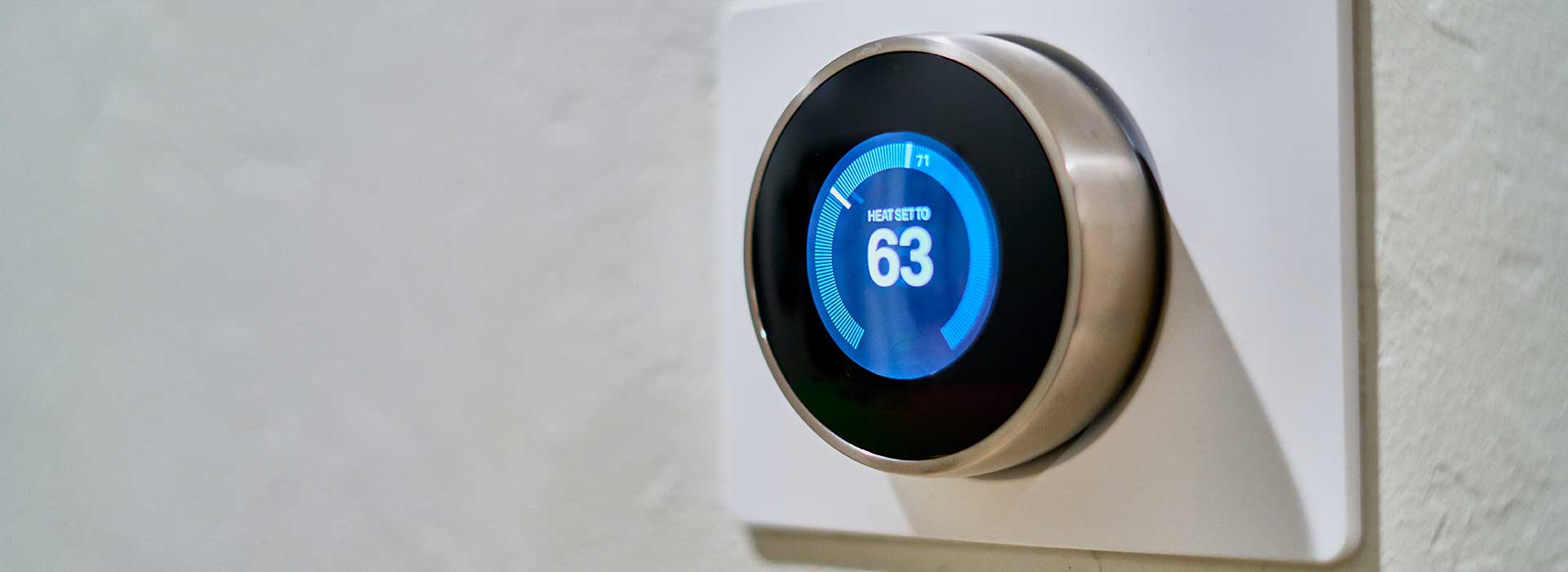I’m interested to know what Terrapass Footprint readers have to say about the Nest thermostat that has been consuming the tech blogosphere the last few weeks.
Created by the brains fomerly behind the iPod, the $249 device will be able to sense the habits of the household and program itself to function accordingly. You leave the house at 9am? After about a week, Nest will know to turn down the heat and restart it when people begin to come home again. Pretty simple concept and appropriately geared for the lazy(er) consumer, who simply can’t remember to turn down the thermostat themselves.
Then there’s the design aspect – a nifty little wheel gadget to which iPod lovers have become quite accustomed.
And a final plus – installation is supposedly a piece of cake (“if you’re comfortable installing a light fixture, you can install Nest”). Confession: I am not comfortable installing a light fixture.
So, it’ll be interesting to see how consumers react – rumor has it that it will hit stores on Nov. 30th. My reaction?
First of all, I wonder how necessary the device is since programmable thermostats are already commonplace (right? at least that was my experience living on the East Coast in buildings that weren’t built in the 17th century). If you’re already in the market for a programming device, then that might be another story. It would be interesting for readers to comment on how well current devices out there function, and how prices compare to the Nest (my research suggests that the Nest is on the higher end).
Nest advertises (on Google) that this is:
The only thermostat that programs itself to save you energy & money.
Clever phrasing, but I think that wording might be a stretch – it might be the only one that looks like a cool little iPod, changes to red when it’s heating up the house (and blue when it’s cooling down) – but other thermostats may function as well or better, provided you program them or more simply, adjust them as needed.
Maybe I shouldn’t belittle the emphasis on the design so much – if it makes Nest attractive to a large number of consumers who don’t already have functioning programmable thermostats, then a lot more energy bills will go down and fewer greenhouse gases will be emitted.
One final question (maybe laced with a slight undertone of criticism): is this a way to excuse people from having to think about climate change? Says Nest (emphasis from me):
We still try to save energy, of course. We turn down the thermostat when we can, we don’t set it too high or low. But we’re human. We forget. Until we see our energy bills.
I’m the first to admit that I forget lots of things. But is it about remembering to do something, or changing your behavior so you do it in the first place?
Brought to you by terrapass.com
Featured Image







